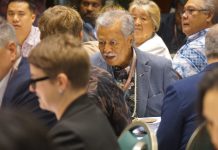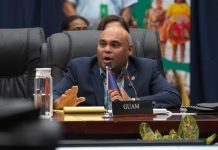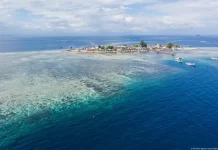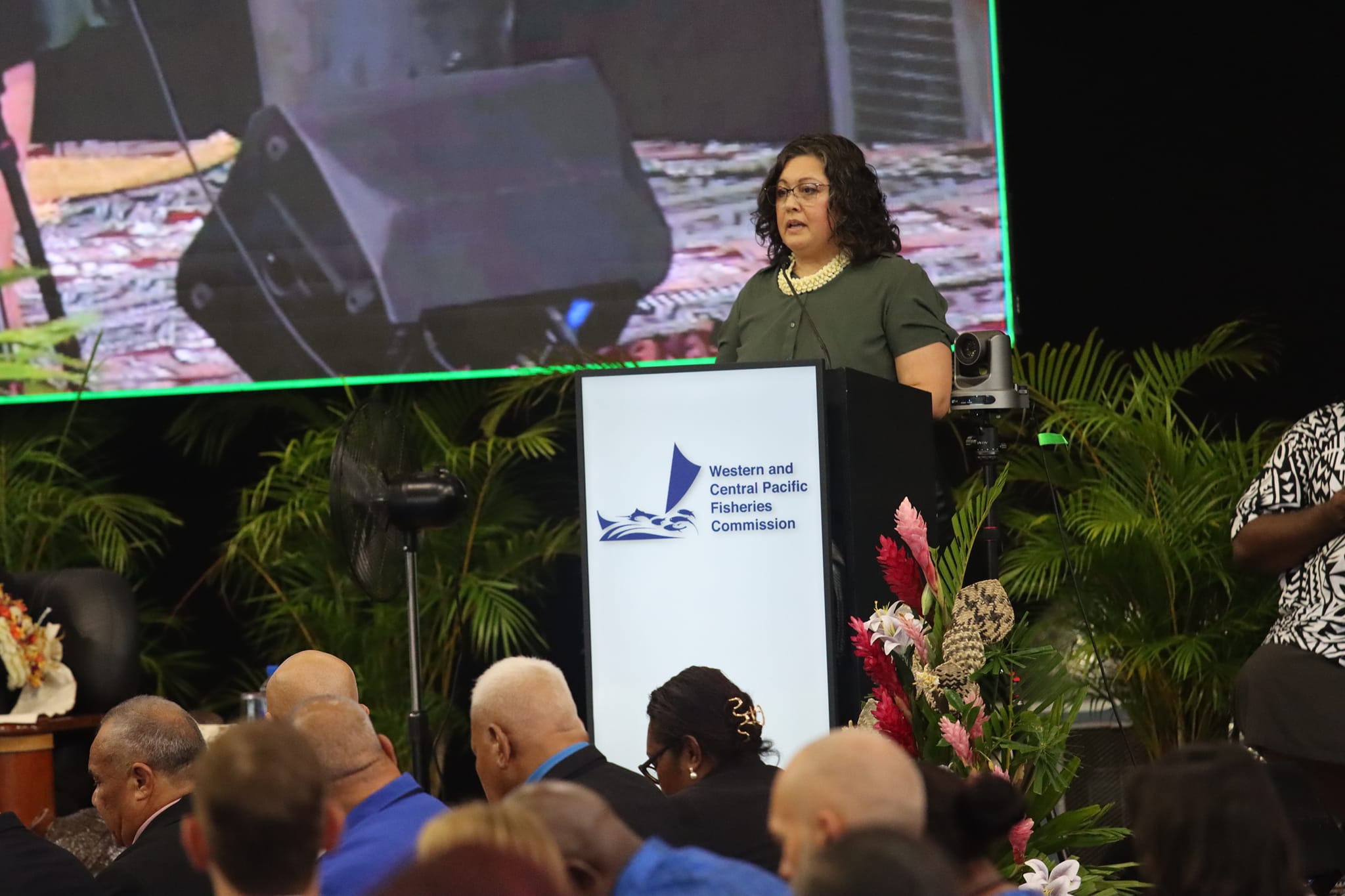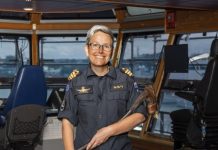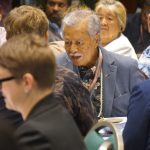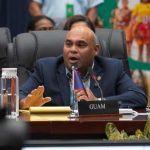Rhea Moss-Christian, the executive director of the Western and Central Pacific Fisheries Commission (WCPFC) has called for urgent action to address the impacts of climate change and human rights abuses in the fishing industry at the opening of the commission’s 21st annual session in Suva this morning.
Speaking before an audience of government ministers, delegates, and stakeholders, Moss-Christian emphasised the critical role of the WCPFC in safeguarding the Pacific Ocean, “the foundation of life in the Pacific and beyond.”
She warned that the ocean’s resources were under increasing pressure, and that the decisions made at this meeting would have far-reaching consequences.
“The world is changing, and it’s changing fast,” Moss-Christian said.
“New international treaties…are reshaping how we think about and govern our shared marine resources. This and other international developments demand more from us, more collaboration, more foresight and more resolve.”
Moss-Christian also highlighted the urgent need to address the impacts of climate change, which were already being felt in the Pacific. Warming waters, rising sea levels, and shifting currents were altering the behavior of tuna stocks, the lifeblood of many Pacific Island economies.
She urged the commission to integrate climate science into its fisheries management strategies and prioritise the resilience of both fish stocks and the communities that depend on them.
Moss-Christian however condemned the inhumane conditions often found on fishing vessels.
“Stories of inhumane conditions aboard fishing vessels are all too common,” she stated. “And as the body tasked with managing the world’s largest tuna fishery, WCPFC cannot stand by while abuses persist.”
She called on the commission to take a strong stand on human rights, sending a clear message that “in the Western and Central Pacific, human rights are not negotiable.”
Moss-Christian concluded her address by emphasising the strength of the WCPFC and its legacy of successful collaboration. She urged delegates to seize the opportunity to demonstrate the commission’s commitment not only to sustainability, but also to fairness, equity, and resilience.
“Let us use this meeting to show that we are not afraid to confront hard truths or take bold actions,” she implored. “The future of our ocean depends on it, as does the future of the people who rely on it.”
Meanwhile, to effectively translate scientific knowledge into action, the WCPFC and the Pacific Islands Forum Fisheries Agency (FFA) play complementary roles in the management of Pacific tuna fisheries.
The WCPFC, as the regional fisheries management organisation (RFMO), develops conservation and management measures based on scientific advice.
The FFA, on the other hand, provides technical assistance, capacity building, and policy advice to its member countries. This partnership ensures that Pacific Island nations have a strong voice in the management of tuna, a resource vital to their economies and cultural identity.


